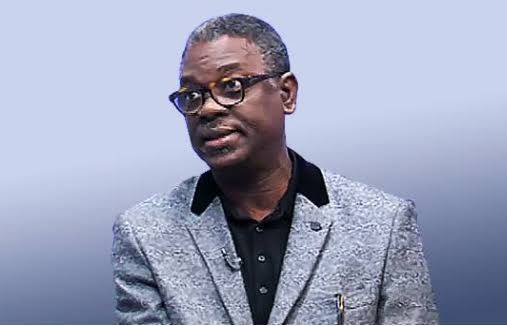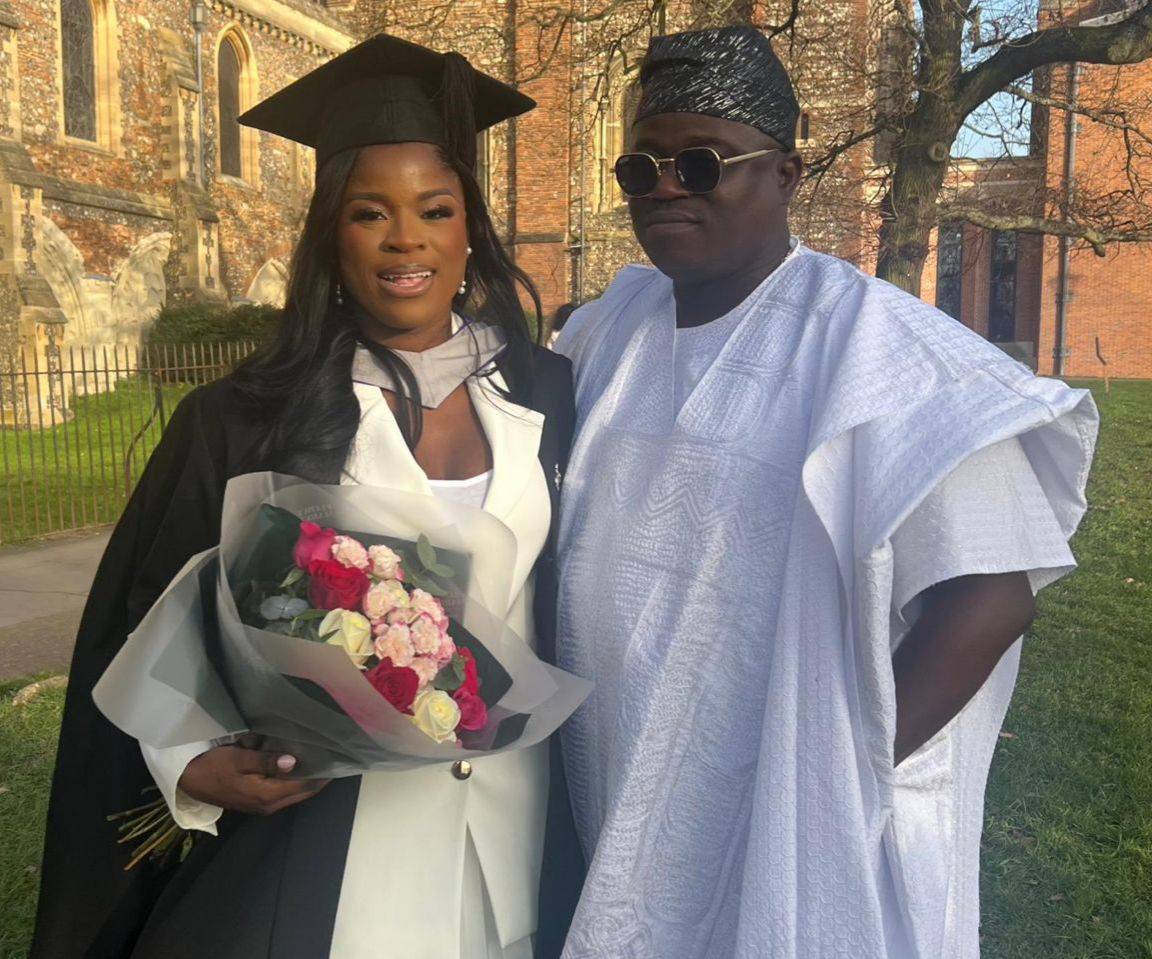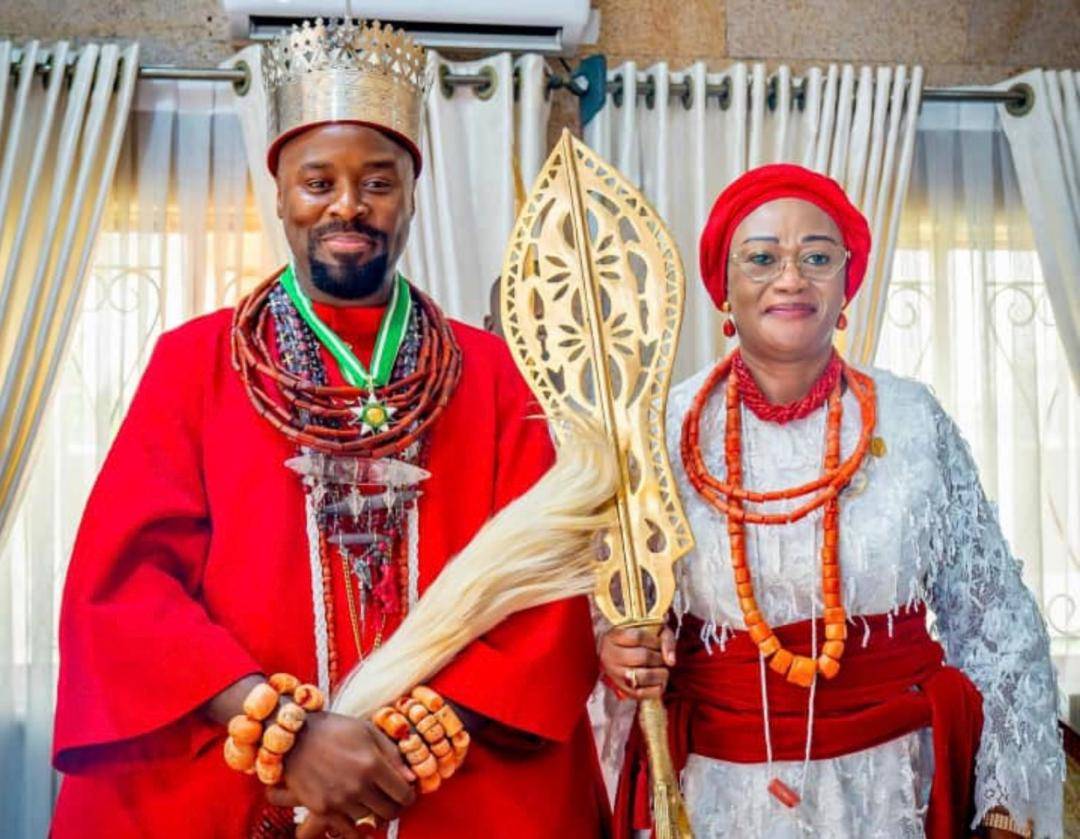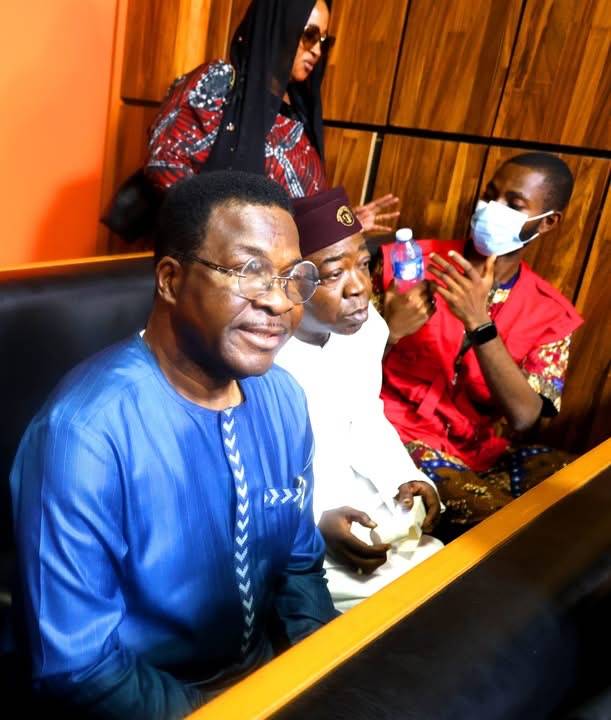Next to Oduduwa, the eponymous ancestor of the Yoruba, the most significant monarch in Yoruba antiquity is Oranmiyan (purportedly Oduduwa’s son? grandson?). He was as elusive as he was ubiquitous. He holds the record, perhaps, in human history, of being a monarch, three times over, in three different world historic locations during his elastic lifetime, two of which are credited to him as the founder of the monarchical tradition, namely Benin and Oyo.
Oranmiyan, thereafter, returned to Ife to claim his original dynastic entitlement to the Oduduwa throne. Uniquely, it was at the request of the Edo people that he became the foundational monarch in Benin. Not surprisingly, his legendary footprints in Benin and Oyo fomented a millennial controversy that has lasted to this day. The harbinger of the latest recrudescence is newly installed Alaafin of Oyo, Oba Hakeem Owoade.
Having their ego bruised by the historical mentor-protege relationship between the Oranmiyan monarchy and the Oduduwa dynasty (from whom Oranmiyan was sourced), Edo nationalists had taken to reinventing the account of how Oranmiyan became the founder of the Benin kingdom.
“The Benin people believe that Oduduwa, called Prince Ekaladerhan, was the only son of the exiled King Ogiso Owodo. They believe that Ekaladerhan (or Oduduwa) exiled himself from Benin even before his father, King Ogiso Owodo was banished from Benin. Ekaladerhan or Oduduwa went to and founded Ile-Ife where he became King. After King Ogiso Owodo was deposed and banished, the Benin people went in search of the only son of the King, Prince Ekaladerhan (Oduduwa) with the aim of persuading him to return to Benin to succeed his banished father. Instead, Ekaladerhan (Oduduwa) sent his son, Prince Oranmiyan, to Benin.The Benin account has it that Oranmiyan reigned as Benin King from AD 1,170”
Lending scientific perspective to the understanding of the Oduduwa phenomenon “Archaeologists and historians estimate Oduduwa’s kingly existence to the Late Formative Period of Ife (800-1000CE), which aligns with indigenous Yoruba oral chronology”.
Oblivious of this record “Benin account has it that Oranmiyan reigned as Benin King from AD 1,170”. Between AD1000 and AD1170 is a gap of 170 years.
If this account is to be believed and thereby accommodate the theory that Oduduwa was the one who delegated Oranmiyan to Benin, it would mean that he (Oduduwa) lived for a minimum of 170 years. The inference is that Oranmiyan could not have been the son of Oduduwa whom the Edo claimed sent Oranmiyan as his proxy to rule Benin. The ruler of Ife (Ooni) who sent his son to Benin at the behest of the Benin solicitation has to be a father other than Oduduwa.
Let us now follow the peripatetic Oranmiyan to Oyo, his next port of call. In the historical account of the Britannica, “Oyo was established in the late 14th or early 15th century and grew into an empire that was dominant among the historical Yoruba states. Yoruba tradition and international scholarship had it that Oyo was founded by Oranmiyan, a son of Oduduwa, the deity who established the original Yoruba state of Ife centuries earlier”.
This account does not equally add up. In time perspective, it not only sets Oranmiyan farther away from his purported father-son relationship with Oduduwa, it also casts serious doubt on the Benin story that Oranmiyan’s reign in Benin ensued from AD 1,170. Between the 12th century and 14th century is a time lapse of 200 years. How feasible is it that Oranmiyan founded Oyo when he would have been above 200 years old? Credulity is further stretched by the report that the same personality went back from Oyo to Ife to mount the Ooni stool. In sum, Oranmiyan cannot plausibly be a single biological individual who ruled in Benin (allegedly c.1170), founded Oyo (14th–15th c.), and later became Ooni of Ife.
The legacy of the Oyo empire has been a bittersweet inher












